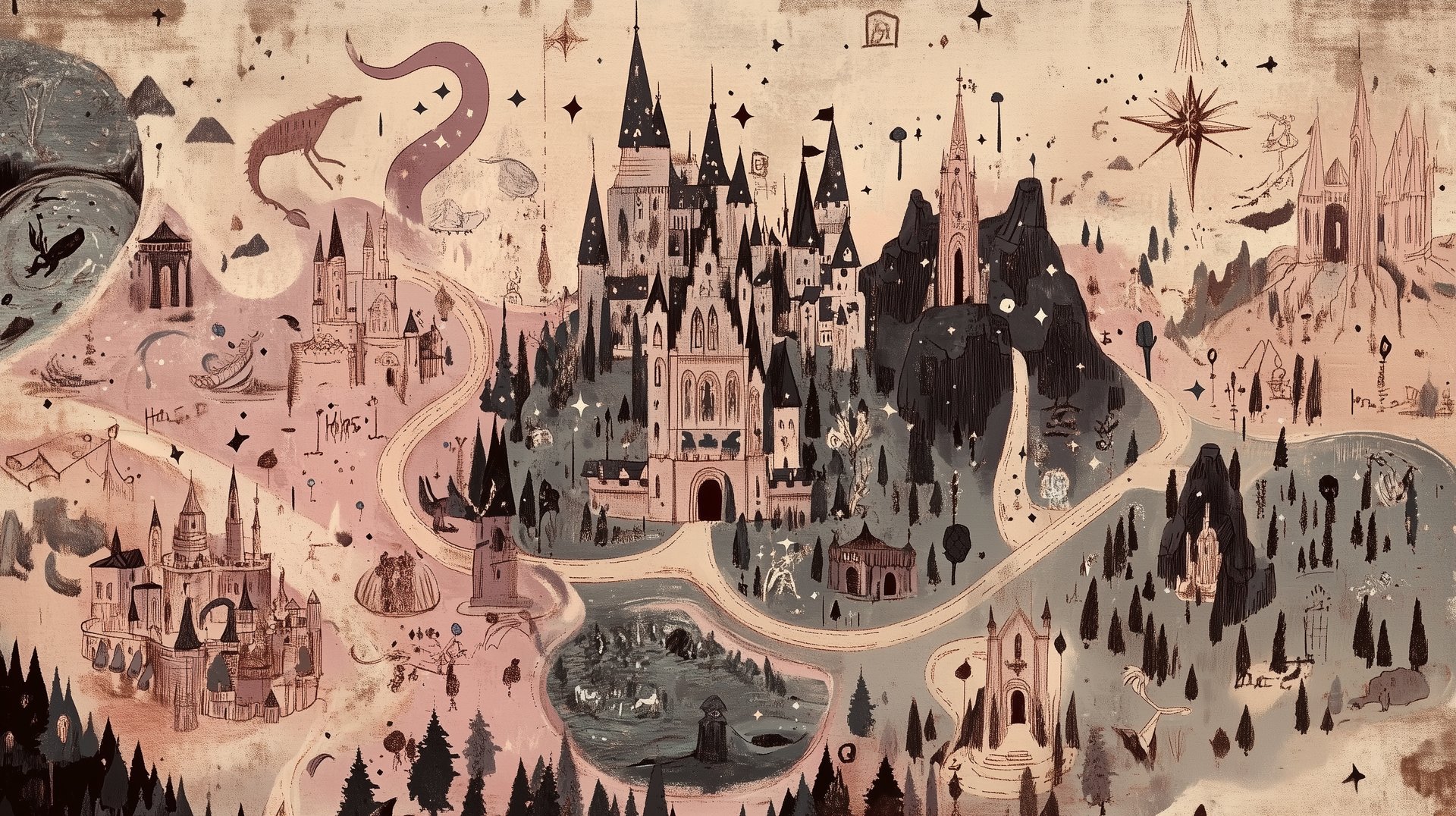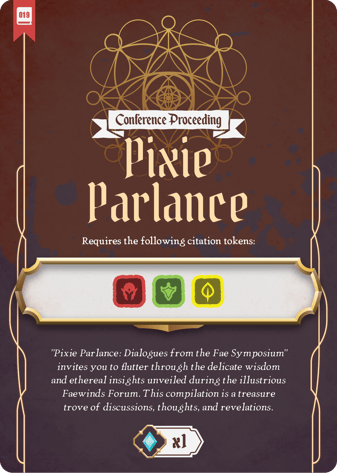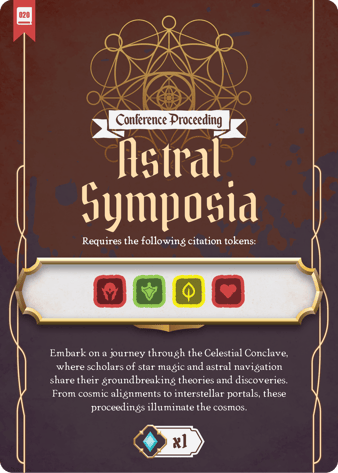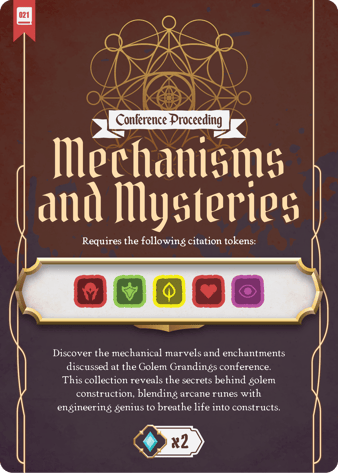
Conference Proceedings
In grand halls where scholars, sages, and visionaries convene, knowledge is not merely written—it is debated, refined, and transformed. Conference proceedings capture these fleeting moments of discovery, preserving the discussions, theories, and breakthroughs presented before an audience of peers. Whether shared as spoken lectures, panel discussions, or full research papers, these contributions shape the future of knowledge across disciplines.
Unlike books or journal articles, conference proceedings have unique citation elements, including:
The speaker or author of the paper, distinct from the editors of the full proceedings.
The title of the presented paper, which may differ from the conference’s main theme.
The conference name and date, ensuring the presentation’s scholarly context is preserved.
The proceedings’ publisher or host, if officially recorded.
Below, you will find examples of conference proceedings citations, capturing the exchange of ideas among scholars and sages alike.
Academic Papers Presented at Conferences
Some insights are not first etched in books but spoken into existence, their first life taking place before a gathering of experts seeking to expand their fields of knowledge.
Example (Harvard Style): Brightforge, S. (Year 1624). “Runic Interfaces: Merging Ancient Sigils with Modern Spellcasting.” In Thornroot, H. (ed.) Proceedings of the Arcane Computation Symposium, Eldertome University, pp. 45-67.
Panel Discussions & Keynote Lectures
Not all scholarly gatherings produce formal papers—some wisdom is shared in lively discussion, debates, and keynote addresses that guide the course of research for years to come.
Example (APA 7th Edition): Starborn, L. (Year 1403, June). Celestial Alchemy and the Future of Star-Forged Matter. Keynote presented at the Symposium of Cosmic Alchemy, Grand Astral Academy, Starlit Isle.
Published Conference Proceedings
When the knowledge exchanged at a conference is deemed too valuable to remain fleeting, proceedings are compiled into official publications, ensuring that the ideas presented continue to shape the field.
Example (Chicago Style): Silverquill, T. 1532. “The Shifting Nature of Arcane Ethics.” In Eldrin, V., ed. Collected Proceedings of the Council of Sages, 131-157. Starlit Archives.
Conferences are where knowledge breathes, where ideas are born, challenged, and refined before they ever reach the pages of books. By citing these moments, scholars ensure that the voices of the past remain part of the ongoing dialogue of discovery. Even the most powerful spells begin as mere words—so too do the greatest ideas.







